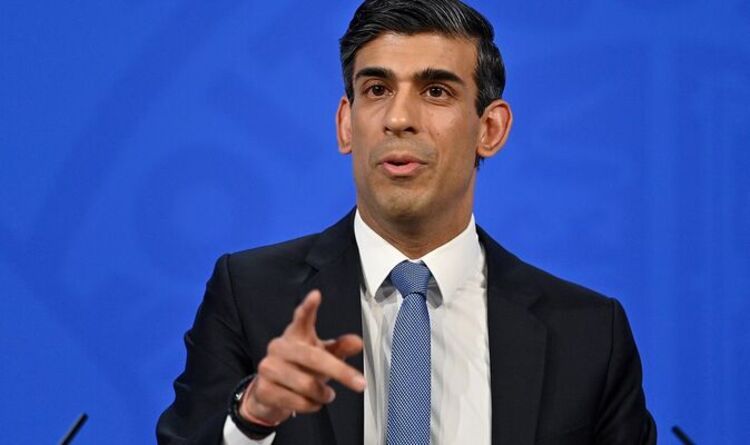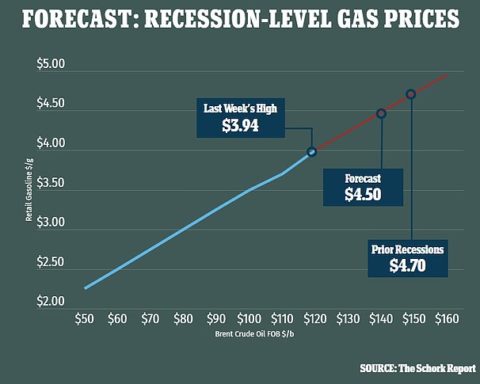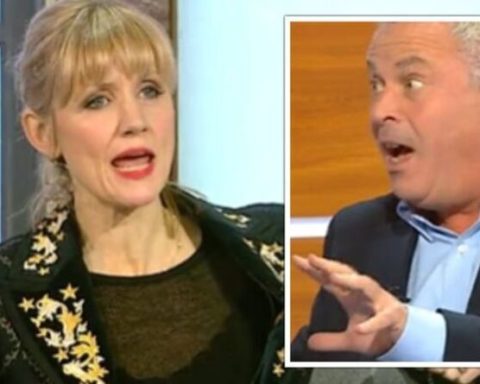Pressure is mounting on the Chancellor to scrap his four-year freeze on income tax thresholds and to raise them in line with inflation instead. According to figures by the Centre for Economics and Business Research (CEBR) more than nine million workers will be forced to pay more tax due to the freeze.
This comes on top of higher energy bills as well as other increases, including a 1.25 percent hike in National Insurance.
According to the CEBR analysis for the MailOnline, five million lower-paid workers will be pulled into the tax net over the next four years.
These current non-taxpayers will have to stump up 20 percent of a slice of their earnings.
However, CEBR deputy chairman Douglas McWilliams warned the “absurd” tax rise will drag four million more Britons into the 40 percent higher tax band.
He said: “It is absurd.
“This stealth tax rise should be reversed.”
Last year, the Chancellor halted rises on personal income tax allowances and thresholds from April this year until March 2026.
These are usually upgraded each year so that after-tax pay is not unfairly eroded due to inflation.
READ MORE: House price warning: Rishi told homes will soar under plot
“It’s monstrous.”
Basic rate tax at 20 percent is levied on incomes of more than £12,570 a year.
The higher rate of 40 percent starts at £50,271 and the rate of 45 percent is charged on incomes more than £150,000.
Last month, Prime Minister Boris Johnson and Chancellor Rishi Sunak announced the planned £12 billion rise in National Insurance will go ahead in April.
They said the increase was the “right plan” and “must go ahead” despite opposition.
The Government has said the changes, announced at last year’s Budget, are expected to raise £12bn a year.
Under the new plans, employees, employers and the self-employed will all pay 1.25p more in the pound for National Insurance from April 2022 for a year.
Experts warned the rising living cost and increasing taxes have forced those self-employed fleeing back to nine-to-five jobs.
But recent changes to the tax rules that govern freelancers, known as IR35, have made companies more reluctant to hire self-employed workers.
Derek Cribb of Ipse told The Telegraph: “The sad truth is that the sector has started 2022 in a highly fragile state and if it is going to recover its pre-pandemic growth after omicron, then the Government needs to intervene and ensure that damaging and confusing legislation like IR35 is properly reviewed and that the conditions are right for recovery.
“With the virus hopefully soon under control, the Government needs to turn its head towards self-employed workers.
“The planned increase in National Insurance, as well as the cost-of-living crisis, are set to further damage freelancers at a time when they are finally in a position to recover post-pandemic.”
Express.co.uk has approached the Treasury for a comment




